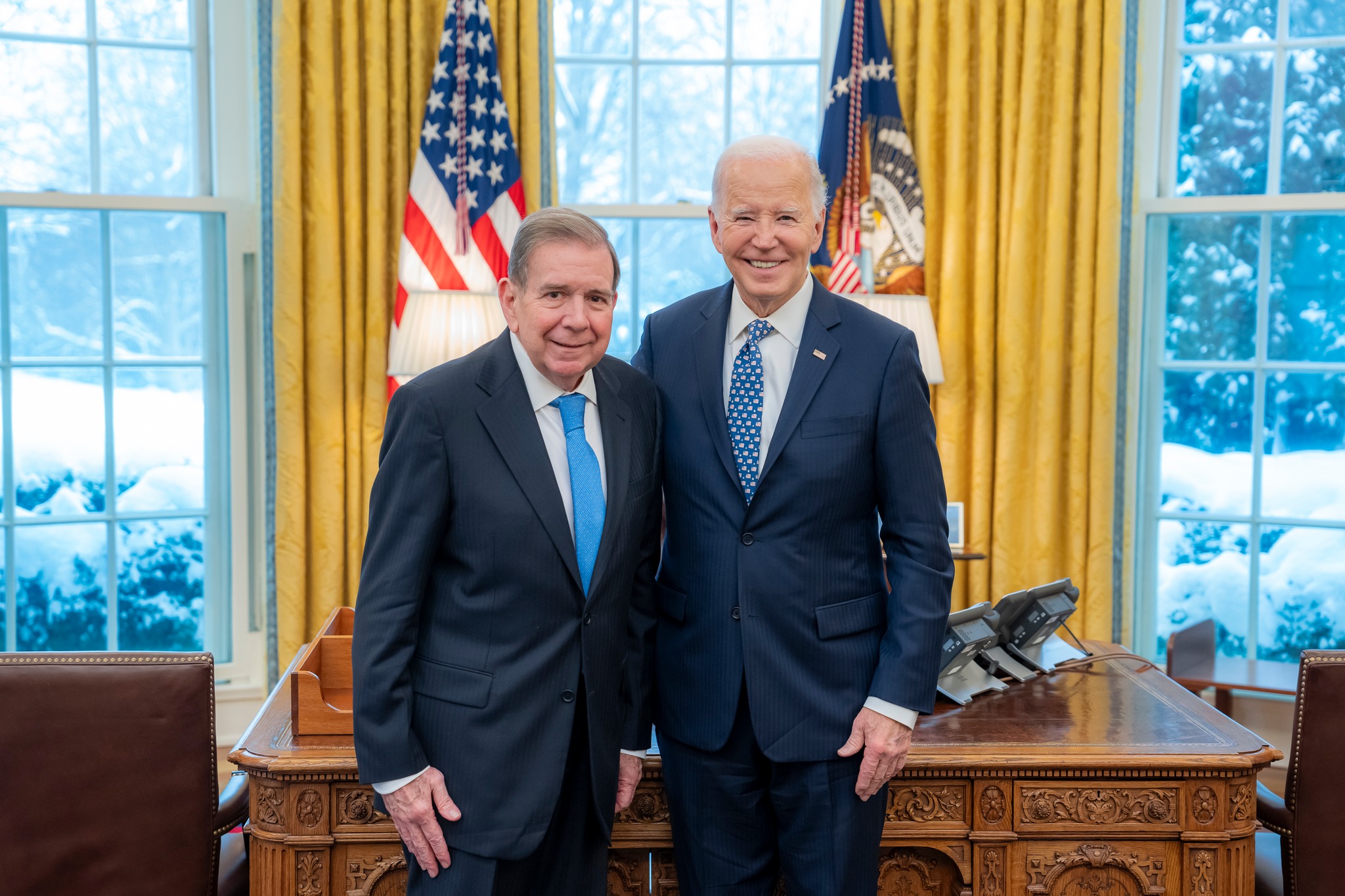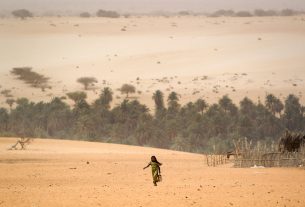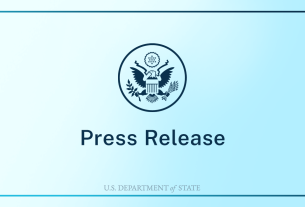Tensions in Venezuela have intensified as opposition leader Edmundo González Urrutia, currently in exile, has called on the Venezuelan military to recognize him as the legitimate president and help end Nicolás Maduro’s controversial reign. González, who fled to Spain in September after a warrant for his arrest was issued by Maduro’s government, contends that he won the disputed presidential election in July, a claim that Maduro’s government has rejected.
González’s Appeal to the Military
In a video released on social media Sunday, González urged Venezuela’s military forces to recognize his authority as the rightful commander-in-chief starting January 10, the day Maduro is set to be sworn in for his third term. González’s message marks his strongest appeal yet for military support in challenging Maduro’s leadership. He emphasized that the armed forces must serve as a protector of Venezuelan sovereignty and uphold the will of the people.
However, Maduro’s Defense Minister, Vladimir Padrino López, swiftly rejected González’s appeal, affirming the Bolivarian National Armed Forces’ loyalty to Maduro. López reaffirmed that the military would not recognize González’s claims, branding the opposition leader’s stance as an affront to Venezuela’s national integrity.
International Recognition and Diplomatic Tensions
González, who is currently traveling in the United States, has garnered significant international support. The U.S. government, along with other countries, has voiced skepticism regarding the legitimacy of the July elections and has recognized González as Venezuela’s rightful president-elect. González met with U.S. President Joe Biden at the White House, where they discussed the importance of a peaceful transition to democracy and respect for the people’s electoral choices.
On the other hand, Venezuela’s government has taken a more confrontational stance. In a show of diplomatic defiance, Venezuela severed ties with Paraguay after its president, Santiago Peña, reiterated his recognition of González. Additionally, the Venezuelan government has issued an arrest warrant for González, accusing him of terrorism, conspiracy, and other charges related to the contested election. González denies these allegations, and the country’s authorities have announced a $100,000 reward for information leading to his capture.
Growing Protests and Support for González
Opposition leaders in Venezuela are preparing for large-scale protests in the lead-up to Maduro’s inauguration. María Corina Machado, another prominent opposition figure, has called for mass demonstrations on January 9, urging Venezuelans both at home and abroad to take to the streets to demand Maduro’s departure. González has echoed these calls, urging his supporters to join the protests in what is expected to be a crucial moment in Venezuela’s ongoing political crisis.
Allegations of Foreign Mercenaries and Arrests
Amidst these rising tensions, the Venezuelan government has claimed that it has arrested over 100 individuals, including foreigners from several countries, who are accused of being mercenaries linked to destabilizing activities. The Ministry of Internal Affairs, led by Diosdado Cabello, presented the arrests as part of a broader effort to curb opposition efforts against Maduro’s rule. However, the Venezuelan government has not provided concrete evidence to support these allegations, and the identities and charges of the arrested individuals remain unclear.
Conclusion
As Maduro’s inauguration date nears, the political climate in Venezuela grows more volatile. González’s call for military support and the planned protests reflect the growing resistance against Maduro’s government, which continues to hold power despite international questioning of the electoral process. With diplomatic tensions escalating and widespread calls for change, Venezuela’s future remains uncertain, with both sides preparing for a potentially decisive moment in the country’s ongoing struggle for political legitimacy and democracy.
As the situation unfolds, international attention will likely remain focused on Venezuela, as the global community watches for any developments that could signal a shift in power or further destabilization.



